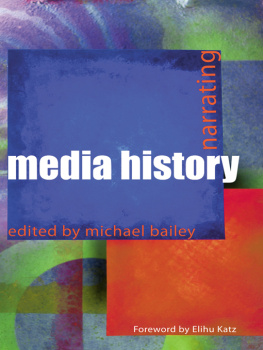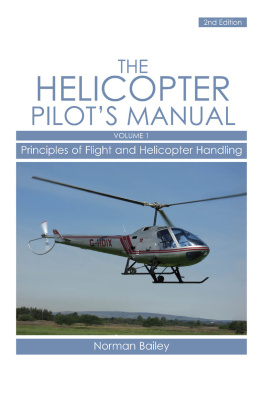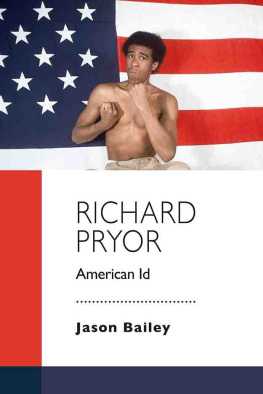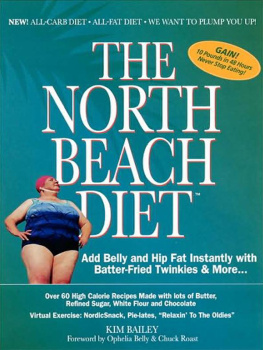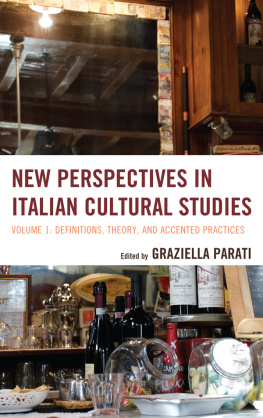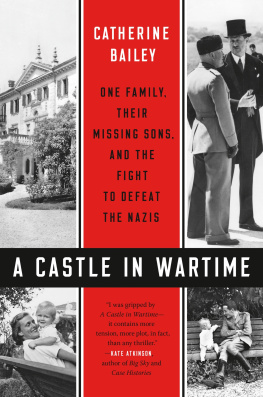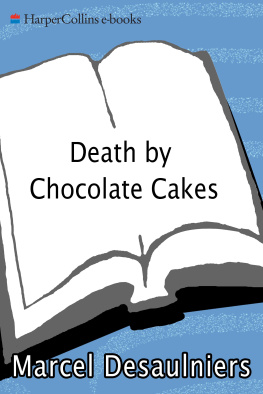Cover designed by University of Nebraska Press; cover image Stocksy/Michela Ravasio.
Author photo courtesy of Tiziana Canducci.
Acknowledgments for the use of copyrighted material appear in , which constitutes an extension of the copyright page.
The publisher does not have any control over and does not assume any responsibility for author or third-party websites or their content.
Big White Birds
Im not supposed to see this: a woman is stopped behind me at an intersection, cell phone pressed to her face, her free hand chopping the air while she gives someone what for. This sunny Tuesday morning in June, the grass is green, the trees are in full, gorgeous leaf, and the womans face is breaking into jagged pieces as she pours out her anger. I fix my mirror, the better to see her. Its a private moment, but I cant help but watch because some years ago, on this very corner, my wife and I were having such an argument, and I was chopping the air too, a grotesque mask of anger on my face, and we were being watched.
But on that day my wife was in the car with me, and the person watching was beside us, not in front of us, watching us with a bemused look on her face, not unlike the look on my face right now. When I stopped fulminating and took a breath, my wife turned and looked out the window at the woman spectator.
She jerked a thumb in the womans direction. Whats that bitch looking at? she said.
The light changed, and we both burst out laughing, which meant whatever the conflict was, in all likelihood, we were going to get through it.
When the light changes, things are getting worse for the woman behind me. I drive through the intersection, watching her complete a left turn. Then I see it: a male mallard standing by the side of the road. Never a good sign. I slow down and see, flattened on the centerline, a female duck. But for the orange feet, it looks like a savaged sofa pillow. I feel this tightening in my chest. Who wouldnt? Who doesnt love a duck?
For a month or two every year, we have ducks in the neighborhood, in our yard, in our ditch. We have two ducks, a male and a female. Wed like to think that, like us, they mate for life. They squabble, they bully each other and shut each other out, but they hang in there and make things work. This idealized notion of duck love, it turns out, is a fantasy. Termites mate for life. Wolves and swans mate for life. Ducks do not.
Well look out an east window of the house and see two heads bobbing in the ditch, or well see the two of them squeezing through the fence to get to the neighbors bird feeder. Sometimes they sit under one of our apple trees and have a conversation. She says, Quack. And if my sources are correct, he answerswhen he doeswith a soft, low-pitched, slightly uxorious Rhab-rhab. Wherever they go, she goes first. He follows, more brilliantly colored, slightly wider, possibly dumber, possibly mesmerized by her tail. And wherever they go, they almost always walk.
Why on earth do they walk?
Why would they squeeze through a fence when they can fly over it? Why would they walk across the road? Maybe its a relief not to fly. Flying is hard work. In seasonal migration, ducks fly fifty miles per hour at altitudes up to four thousand feet. With a fifty-mile-per-hour tailwind, they cover eight hundred miles a day, a trek so demanding they then take three to seven days to rest and feed and recover.
But in the case of these ducks, our yard ducks, my belief is they dont fly because when they fly, they dont really know where theyre going. They know our yard and Beverlys yard. Theyve been to Johns yard across the street. Lets waddle over to Beverlys and see if she put out some of that corn. They know the Mississippi flyway and their flight plan between here and Arkansas and Louisiana. But otherwise, I think theyre pretty much lost most of the time. When they take off and get above tree level, how do they know where theyre going? Do they think, Hey, I saw some water over by the library. Or, Lets fly over to Drayton Plains. I dont think so. They must think, Where the hell are we going? And, Whatta ya say we head back to the ditch and chill? Its not like theyre looking for other ducks to hang out with. Unlike geese, which get mobbed up, ducks seem to pair up, find their little bowers of delight, and lie low.
We refer to these two as our ducks. My wife refers to them as Mr. and Mrs. Mallard. We have the idea, probably ridiculous, that the same ducks come back to us year after year. Like our ditch is their Poconos, and the lovin is easy.
So seeing the dead female, even if its not our female (and how can I be sure?), and her swain by the side of the road, even if they dont mate for life, is a shock. I feel vicarious mallard grief.
The dead duckand our fantasy of the two of them mating for lifereminds me of the miraculous appearance of swans in Freeland one year.
Lets go for a ride, my father said one Sunday.
As a kid, I remember having a sense of total disorientation, usually in the car, usually at night, my father driving, my mother sitting next to him, my brother and I in the back. I would wonder, a pit of fear in my stomach, How can we not be lost? How do they know where to go?
We took lots of rides on Sundays, usually in the late afternoon. While my parents talked in the front seat, my brother and I looked out the car windows, hoping the ride would lead to Mooneys Ice Cream Shop in Saginaw. Some days my father would take circuitous routes to fool us, so we would have that moment of surprise when we recognized at last where we were. If we found ourselves on Brockway, that odd hypotenuse in mostly perpendicular Saginaw, we sat forward in our seats, eager for sweets. But this particular day, I knew Mooneys was not in the picture. We were going the wrong way. As I monitored our left and right turns, the farms and barns and bean fields, I got the idea we were going to Breckenridge, which should have meant a visit to my grandparents. No such announcement was made. The mood in the car was somber. My parents talked, when they talked at all, in hushed tones. Something was wrong.
We passed the road to my grandparents house. Then came a turn I recognized, toward Henry and Kathryns house. Henry was my fathers childhood friend. They had been in the war together, Henry on a ship in the Pacific, my father operating a radio for the Army Air Force. My father was the last one to see Henrys brother Don alive. They met by accident on a train moving troops. Don had a box of fried chicken his mother had sent him. They sat on the train in the middle of nowhere, ate chicken, and talked about home and where they thought they were going. When the train reached Chicago, they said good-bye. From there my father went to Guam. Don went to Italy and was killed.





